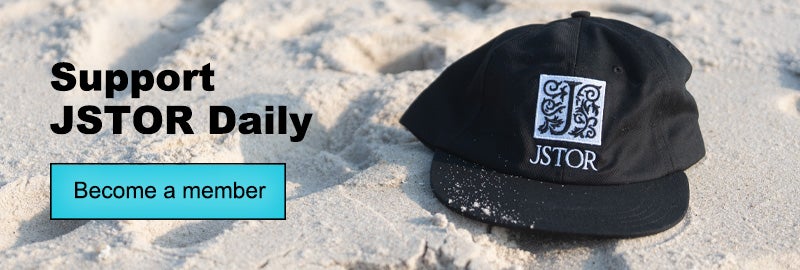The other urban wildlife (Yale E360)
by Janet Marinelli
Cockatoos escape growing farms in their traditional countryside habitats for a refuge in the city. North American coyotes feast on urban rats. Far from “biological deserts,” cities are teeming with wildlife. And humans can tweak their urban spaces to help them thrive.
Do mitochondria have social lives? (Quanta)
by Katarina Zimmer
Mitochondria are much more than the powerhouse of the cell. They’re diverse individuals that share resources, send one another signals, and cooperate to get a variety of tasks done.
The stuff that defines us (Vox)
by Emily Stewart
Why do Americans buy so many things we don’t really need? One sociologist suggests that it may be a way of figuring out who we are in relation to the people around us.
How a cookbook helped rebuild the Slovene language (Atlas Obscura)
by Kaja Seruga
In the eighteenth century, the Slovene language was in danger—surrounded by more powerful language groups and rejected by educated Slovenes. One priest changed things, partly by writing a terribly impractical cookbook.
Bill Gates and African farming (Scientific American)
by Million Belay and Bridget Mugambe
The Bill and Melinda Gates Foundation is spending millions to help African farmers adopt the kinds of technologies that fueled the Green Revolution in India. But some Africans say that’s exactly the type of help they don’t need.
Got a hot tip about a well-researched story that belongs on this list? Email us here.






